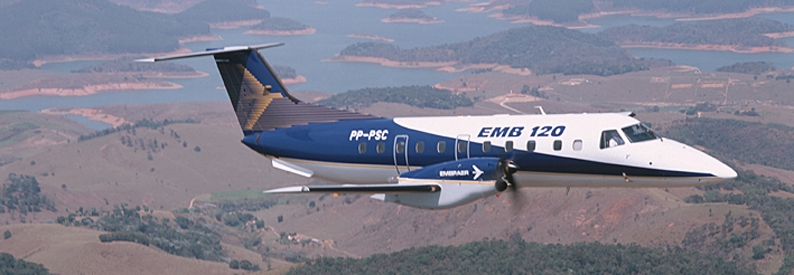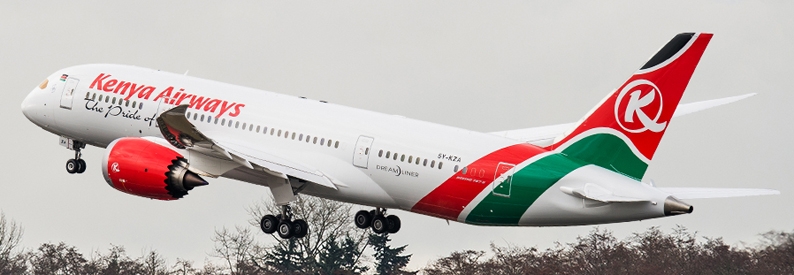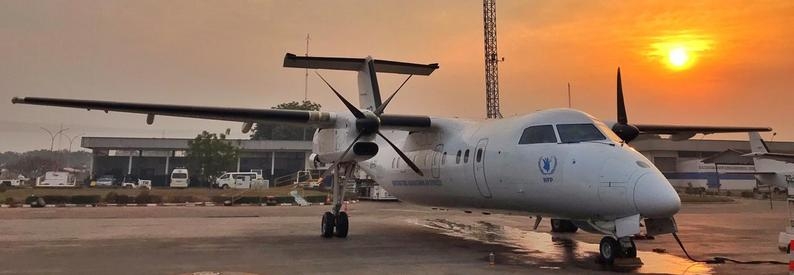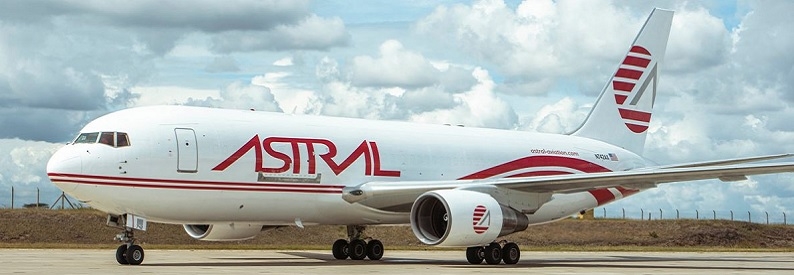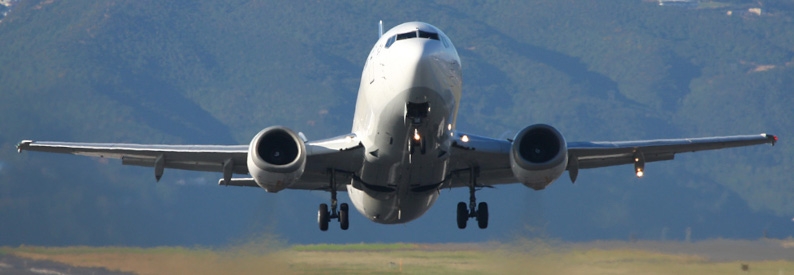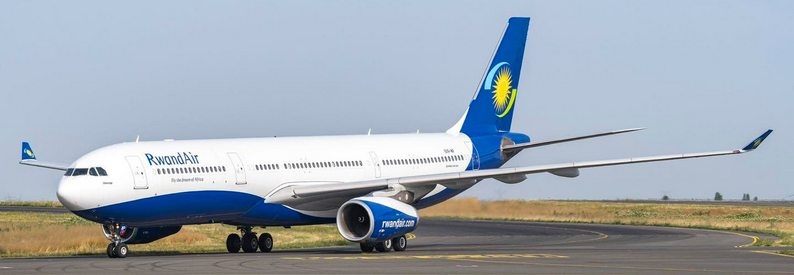In line with ambitions to become a global player, Kenya's Astral Aviation (8V, Nairobi Jomo Kenyatta) plans to set up three more cargo subsidiaries following its new joint venture Suid Cargo Airlines in South Africa, says Chief Executive Officer Sanjeev Gadhia.
In an interview with Times Aerospace, Gadhia disclosed he plans to divest some of his 70% stake in Astral to raise money for new AOC ventures in Europe, the Middle East, and Australia. He also plans to retain at least 51% of Astral Aviation to comply with Kenyan ownership requirements, with unnamed strategic investors taking a 40-45% shareholding.
"We've been in talks with several strategic investors interested in investing in Astral," Gadhia said. "They have also shown an interest in investing in our vision of setting up AOCs. They like what they hear from us." Discussions are at an early stage with "at least" three interested parties.
Gadhia said a European AOC would likely come in 2025, with Ireland and Malta under consideration. A Middle Eastern AOC would follow around the same time. "We are also looking at Australia as a market. We believe there's a huge potential in Australia for air cargo: Australia, New Zealand, and parts of Asia. So this is an area that we are also looking at."
Gadhia said Astral is also keen to take a stake in new Indian cargo carrier Pradhaan Air Express (6P, Delhi International), which he helped launch last year by providing it with the world's first A320-200(P2F). "We are looking at maybe taking a stake in the airline in the next couple of months," he said. A second A320P2F would join the start-up's fleet this year. Gadhia was also evaluating A321 and A330-300(P2F)s for the new carrier.
Gadhia previously told ch-aviation that he was also keen to set up an AOC in Lomé, Togo, which already functions as Astral's West African hub. "We've always had this philosophy that you cannot have one hub in Africa. You need to have three hubs at least because of the [directional] nature of cargo," Gadhia said.
Meanwhile, the focus would be on launching Suid Cargo Airlines from its hub at Johannesburg O.R. Tambo in the second quarter of 2023 with a B727-200(F) wet-leased from Astral, which owns 25% of the new venture in line with South Africa's foreign-ownership cap.
"The reason why we decided to set up an airline in South Africa is because of the demise of SAA Cargo, which was a very dominant player in southern Africa," Gadhia explained. "We've decided to operate [Suid Cargo] for the next six months on a wet-leased aircraft because the outlook for freight in southern Africa is really bad at the moment."
Suid Cargo will initially test the water with cargo charter flights, bringing in Astral's B757Fs, B767F and B747-400Fs as needed, before expanding into scheduled and domestic operations from 2024. One of the first tasks will be to finalise Suid Cargo's fleet for 2024. The E190F has been shortlisted for its domestic feeder flights. The E190Fs will be converted in late 2024 and could start operating for Suid Cargo from the first quarter of 2025 on domestic flights between Cape Town International, Durban King Shaka and Johannesburg. The remainder of the fleet will comprise either A320 or B737 freighters.
Suid Cargo will offer a "sea-to-air" cargo product from Durban and Cape Town, receiving freight from ships and carrying it onward by air, reducing delivery times and costs for landlocked African countries. It plans to operate to more than 20 destinations in Angola, the Democratic Republic of the Congo (DRC), Kenya, Madagascar, Malawi, Mauritius, Mozambique, Namibia, Rwanda, Tanzania, Uganda, and Zambia.
Ultimately, Suid Cargo plans to cover southern, west and east Africa, Asia, the Middle East and Europe. The fledgling carrier will also benefit from Astral's partnerships. "We have 42 interline partners in Astral and, out of these, 30 are potential interline partners for us in South Africa," Gadhia said.
Astral will also gain from its relationship with Suid Cargo, using its four weekly Nairobi Jomo Kenyatta-Johannesburg frequencies to feed the new airline rather than operating onward fifth-freedom flights itself. "Instead of us flying from Johannesburg to Lusaka, or to Mauritius, we would just give the cargo to our small brother," Gadhia said. "For example, I would not fly from Nairobi to Windhoek International; I would just remove that from my network and give it to the guys in South Africa. So, if anybody has cargo for Windhoek and let's say it's in Beijing Daxing International, or Perth International, they don't need to bring it to Nairobi; they can send it straight to Johannesburg."
Meanwhile, Astral plans to retire its B747s by the end of 2024 and start a new chapter with B777s, Gadhia said. Negotiations are underway for two B777-300(ERSF)s in 2025, followed by another two in 2026, carrying perishables from Nairobi to Europe, including the UK and Belgium.
According to ch-aviation Commercial Aviation Aircraft Data data, Astral's current fleet comprises eight aircraft, including one B727-200(F); one B747-400(BDSF); two B747-400FSCDs; two B757-200(PCF)s; one B767-200(SF); and one DC-9-30(CF).
- Type
- Base
- Aircraft
- Destinations
- Routes
- Daily Flights

